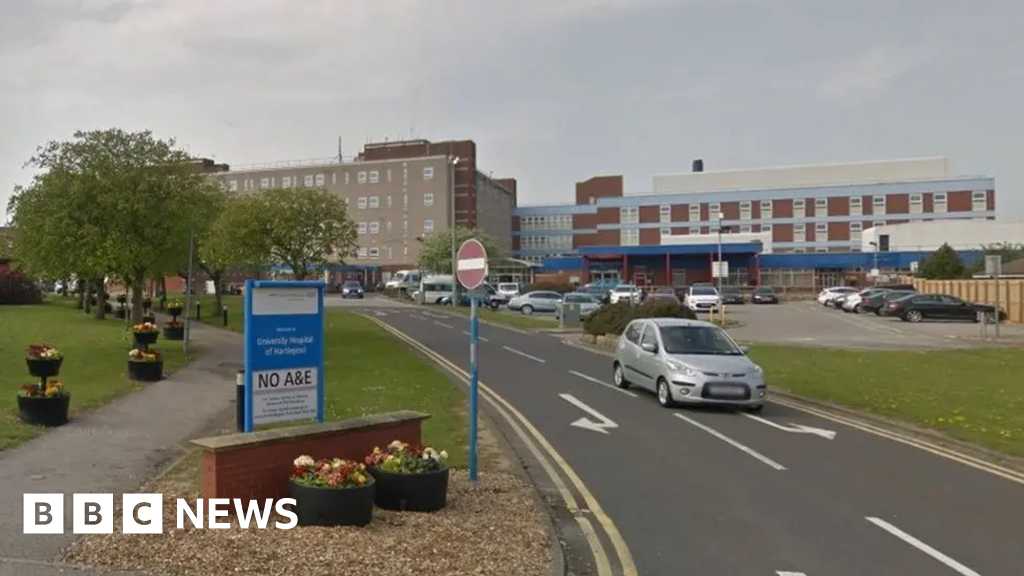A pause in baby deliveries at the University Hospital of Hartlepool, prompted by staff shortages and illness, is under monthly review by health officials. The midwife-led Rowan Suite, which became fully operational in late 2020, has delivered 113 babies. However, in May, North Tees and Hartlepool NHS Foundation Trust announced a three-month suspension of “intrapartum care”—the period during labor and delivery—due to “staffing absences”.
Steph Worn, the director of midwifery, stated that the decision will be evaluated “month by month”, with no fixed date for resuming deliveries. During a Hartlepool Borough Council audit and governance committee meeting, Worn emphasized the hospital’s commitment to reinstating the service and their ongoing assessment of the situation. Meanwhile, antenatal and postnatal care, along with home births, continue without interruption.
Impact of the Suspension
Emma Nunez, group nursing officer, highlighted the challenge of predicting a timeline for resuming services, noting it heavily depends on current workforce availability and ongoing vacancies and sickness absences. Despite the pause, health officials believe the impact on the Hartlepool population will be minimal, as the Rowan Suite primarily handled “low risk” pregnancies.
Statistics presented at the meeting revealed that during an 18-month period, 4,000 births occurred within the trust area. Of these, 32% of women were from a Hartlepool postcode, with 97% of deliveries taking place at the University Hospital of North Tees in Stockton and approximately 1% at the Rowan Suite.
“It’s obviously very dependent on our current workforce and the vacancies and the sickness absences we’ve got at the minute, so it’s hard to put a time limit on that.” – Emma Nunez, Group Nursing Officer
Historical Context and Challenges
The Rowan Suite’s operational challenges are not unique. Across the UK, maternity services have faced similar issues, exacerbated by the COVID-19 pandemic, which strained healthcare resources and led to increased staff absences. The National Health Service (NHS) has been grappling with staffing shortages for years, a problem that has only intensified in recent times.
Historically, midwife-led units like the Rowan Suite have been praised for providing personalized care in a more homely environment compared to traditional hospital settings. However, they are also more vulnerable to disruptions caused by staffing issues, as they rely heavily on a stable workforce to maintain their specialized services.
Looking Ahead
The uncertainty surrounding the Rowan Suite’s future underscores a broader issue within the NHS: the need for sustainable staffing solutions. As health officials continue their monthly reviews, the focus remains on balancing immediate patient care needs with long-term service viability.
For the families and expectant mothers in Hartlepool, the situation remains fluid. The hospital’s commitment to providing antenatal and postnatal care, along with the option of home births, offers some reassurance. However, the absence of intrapartum care at the Rowan Suite means that most deliveries will continue to occur at the larger University Hospital of North Tees in Stockton.
The community and healthcare providers alike are hopeful for a resolution that will restore full services at the Rowan Suite, aligning with the trust’s broader goals of enhancing maternity care accessibility and quality.
As the situation develops, stakeholders will be watching closely, eager for updates that could signal a return to normalcy for Hartlepool’s maternity services.
